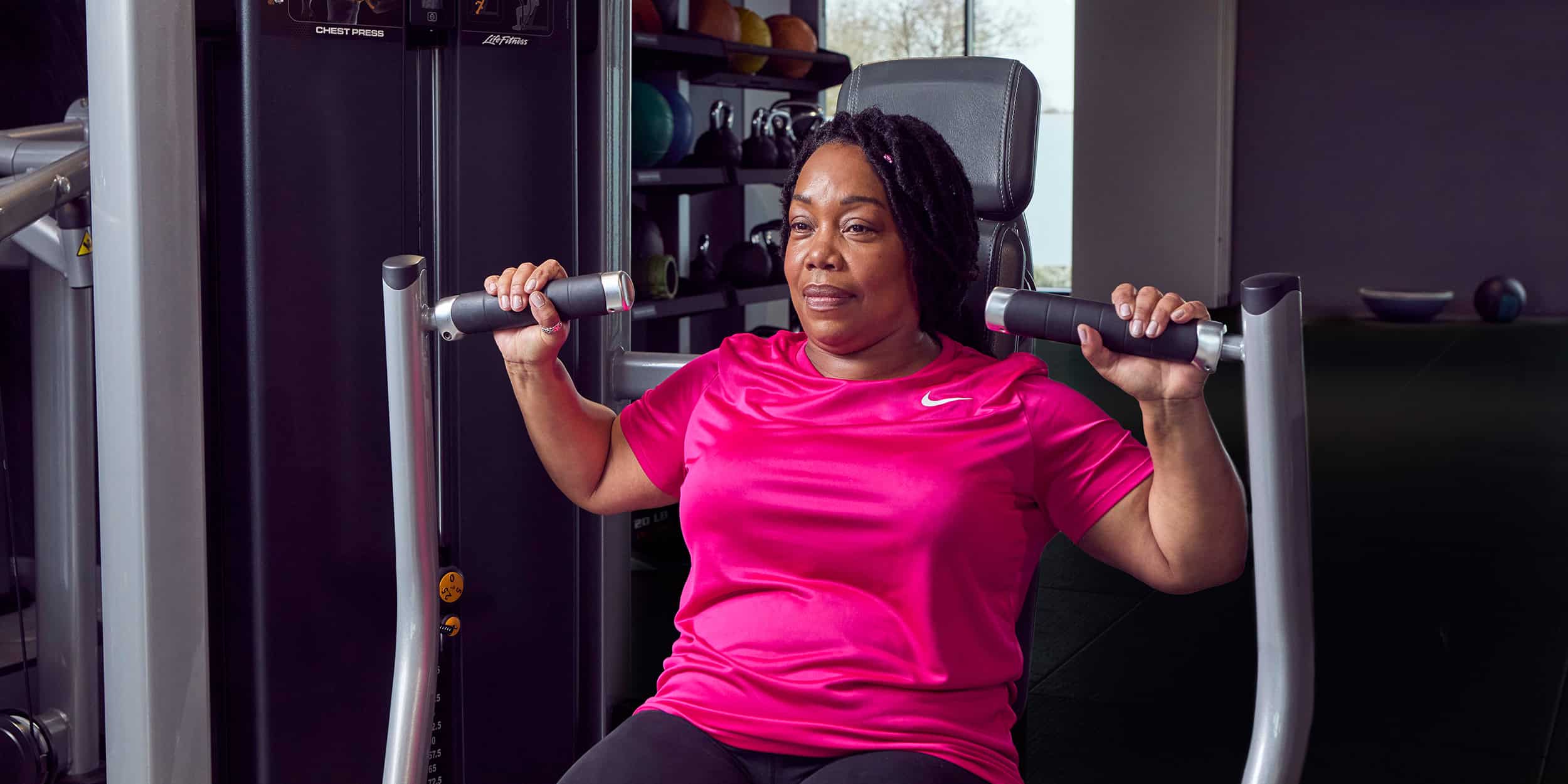You will inevitably need to find ways to boost your energy from time to time. Our recent survey found that ‘I’m too tired’ is the number one reason that we put off tasks on our to-do lists, followed by ‘I don’t have time’ and ‘I don’t have the energy after a day at work’.
While a good night’s sleep can fix a lot of things, this isn’t always possible if you’re feeling the midday slump so we’ve come up with 10 simple tips you can do in your working day to give your energy a boost.
1. Get up and moving
We had to start with this one! We’re not talking about a full-blown workout – simply getting up and about for a walk or doing some housework can increase blood flow around your body and boost your energy.
2. Drink plenty of water
A good water intake carries so many health benefits and you can feel tired and sluggish simply by being slightly dehydrated. In fact, even being dehydrated by as little as two per cent can harm your brain and your ability to think and focus. The NHS recommends drinking around 1.5 litres of water a day (approximately 6-8 glasses).
3. Eat slow-release foods
Adding to the water point above, what you put in your body and the energy you take from food is so vital. Slow-release foods, also known as low GI foods, provide a slower and more sustained release of energy into your body which can be great at fighting fatigue. Examples of slow-release foods include porridge, wholegrain carbohydrates (rice and pasta), nuts and seeds and fresh fruit and vegetables.
4. Don’t skip breakfast
The phrase ‘breakfast is the most important meal of the day’ came about for a reason. Studies have shown that missing any meal during the day can have significant knock-on effects and a greater feeling of fatigue.
5. Power snacking
Smart snacking between meals is a great way to sustain your energy levels. The sweet spot for an energy-boosting snack is a combination of protein, fat and fibre. Stand-out examples are nut butter on whole wheat toast or natural yoghurt with a handful of nuts. Sugary snacks will give you a short-term boost but the spiking and subsequent dropping of your blood sugar levels can leave you feeling more tired than when you started.
6. Have caffeine wisely
Caffeine was probably one of the first things you thought of when you saw the title of this article and it certainly has its place. A cup of coffee in the morning can help sharpen your mind and senses, giving you a much-needed energy boost. However, don’t overdo it; too much caffeine can lead to the jitters or insomnia and therefore be counter-productive to boosting your energy levels.
7. Get plenty of natural light
Natural light is an effective way to keep up your energy levels so it’s essential to get plenty throughout the day. Sitting by a window or going for a walk will give you more exposure to natural light and increase your serotonin levels.
8. Take a nap
We reckon you were hoping this one came up! A lot of tiredness comes down to not having enough sleep and being in ‘sleep debt’. Even just a ten-minute nap can have a positive effect on your fatigue and cognitive performance which can last up to two hours. Nap wisely though; longer naps can leave you feeling groggy when you wake up and if you nap too close to bed, it can make falling asleep again harder to do.
9. Manage your stress
Stress can be a negative thing in so many ways and reducing it as best you can is great for your sleep, as well as your long-term health. Reasons for stress can vary from person to person but some activities to help manage stress can include making sure you get outdoors, breathing exercises or simply calling a friend.
10. Go to bed earlier
We thought we’d save the obvious one until last! Avoid sleep debt by making sure you plan your sleep and get to bed earlier. Even an extra hour of sleep can significantly increase your energy levels for the day ahead.






